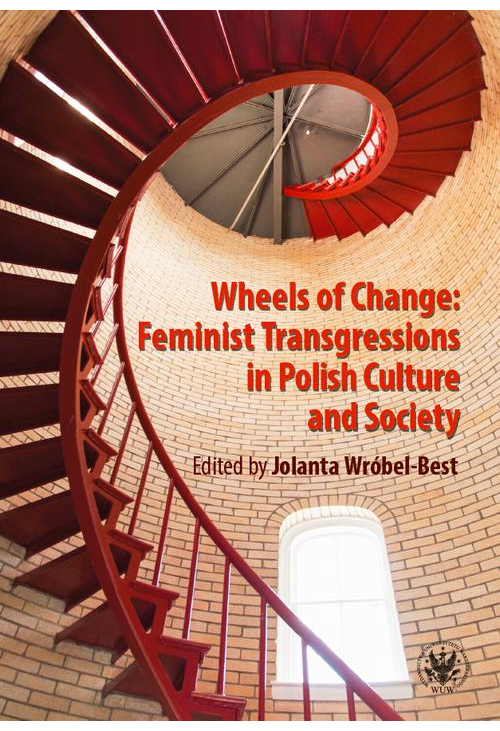
- -18%
ebook Wheels of Change Feminist Transgressions in Polish Culture and Society
Odkryj niezwykłą podróż przez historię i kulturę polskich kobiet w "Wheels of Change Feminist Transgressions in Polish Culture and Society" - przełomowej publikacji autorstwa wybitnych badaczek i badaczy z Uniwersytetu Warszawskiego. Ta fascynująca kolekcja esejów przedstawia głęboką analizę feministycznych transgresji na przestrzeni wieków, ukazując siłę i różnorodność kobiecych doświadczeń w polskim społeczeństwie.
Autorzy, korzystając z bogatego materiału źródłowego - od literatury po dokumenty historyczne - tworzą spójny obraz walki i osiągnięć kobiet w różnych dziedzinach życia. Książka ta jest nie tylko cennym źródłem wiedzy dla studentów i badaczy, ale także inspirującą lekturą dla wszystkich zainteresowanych historią ruchu feministycznego.
"Wheels of Change" to ebook, który doskonale nadaje się do czytania na urządzeniach mobilnych. Dostępny w formacie PDF, umożliwia łatwy dostęp do treści dla każdego miłośnika literatury pięknej i publikacji naukowych.
Czy jesteś gotowy/a na podróż przez wieki, by zrozumieć, jak kobiety w Polsce dokonały prawdziwych zmian społecznych? Wejdź do naszego sklepu z ebookami i pobierz "Wheels of Change" już dziś!
Spis treści ebooka Wheels of Change Feminist Transgressions in Polish Culture and Society
Introduction (Jolanta Wróbel-Best) 7Part I. Rethinking Feminist Transgression
Halina Filipowicz
Is Simply Saying “We” Enough? Feminism, Transgression,
and the Challenge of the Transnational Turn 27
Part II. Lighting the Way: Early Feminist Transgressions
Lynn Lubamersky
“I Am a Woman, I Am Quite Aware of My Own Capabilities”:
The Distinctive Voice of Franciszka Urszula Radziwiłłowa
On Love, Marriage, and Freedom 55
Grażyna Borkowska
Narcyza Żmichowska: Building the Foundations and the Role of Women 65
Part III. Crossing Gender Lines: Towards a New Femininity
Józef Figa
Women Want More: Władysław Reymont’s Parafeminism 79
Jolanta Wróbel-Best
The Bookkeeping Madness: Life as Transgression or Zofi a
Stryjeńska’s Approach to Art and Femininity 95
Anna Gąsienica Byrcyn
Tamara Łempicka’s Veils of Transgressions as Captured in
Robert Dassanowsky’s Poems 121
Part IV. Unfi nished or Mitigated Transgressions in Music and Film
Aleksandra Święcka
Tekla Bądarzewska as a Bold Representative of Female
Composers of Polish Classical Music in the 19th Century 137
Aleksandra Gruzinska
From Drama and Novel to Film: Rediscovering Feminist
Transgression in the Discovery of Radium in Les Palmes de Monsieur Schutz 153
Part V. Overriding the Past: Gender Transgressions in Literature
Daniel Kalinowski
Women Rule: Manuela Gretkowska, Olga Tokarczuk, and the
Self-Liberation of Polish Women 173
Krystyna Zabawa
Grandmothers, Mothers, Daughters and Granddaughters: New
Patterns of Female Characters in Polish Literature for Young Readers in the 21st Century 193
Elwira M. Grossman
Feminist Transgression in Children’s Literature? Engendering Samples of Diverse Children’s Literature Published in 21st Century Poland 209
Index 227
Szczegóły ebooka Wheels of Change Feminist Transgressions in Polish Culture and Society
- Wydawca:
- Wydawnictwa Uniwersytetu Warszawskiego
- Rok wydania:
- 2021
- Typ publikacji:
- Ebook
- Język:
- angielski
- Format:
- epub mobi pdf
- Redakcja:
- Jolanta Wróbel-Best
- Liczba stron:
- 242
- Miejsce wydania:
- Warszawa
- ISBN dla wersji papierowej:
- 9788323549406
Recenzje ebooka Wheels of Change Feminist Transgressions in Polish Culture and Society
-
Reviews (0)

Na jakich urządzeniach mogę czytać ebooki?
- -18%


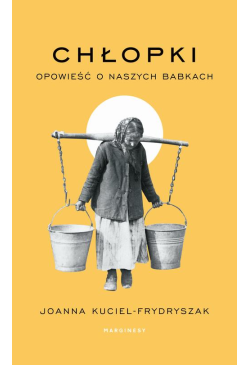

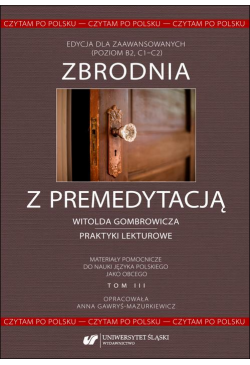

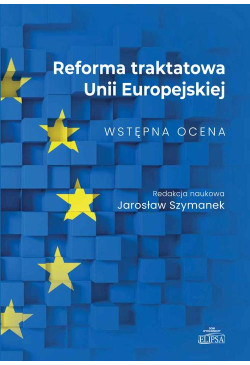

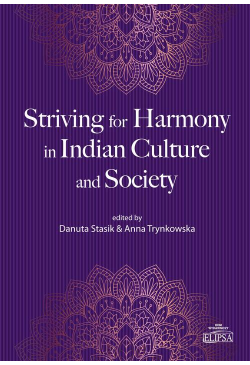
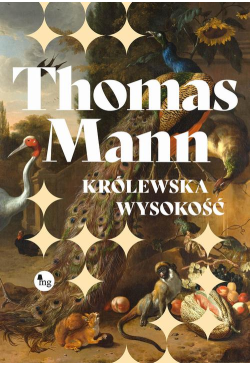
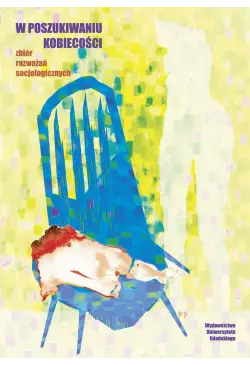
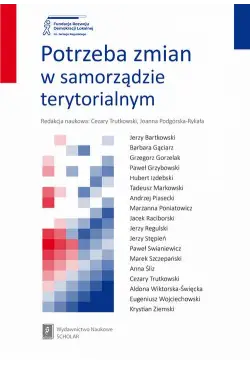
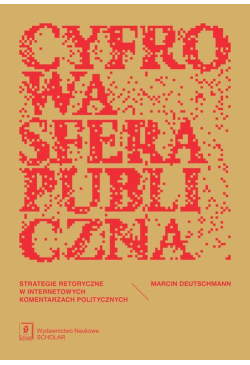
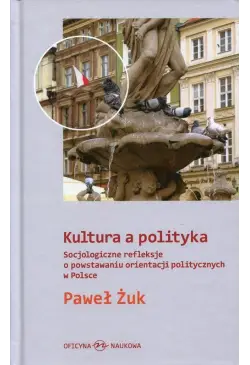
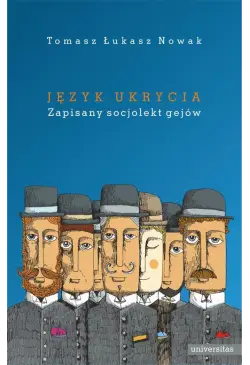


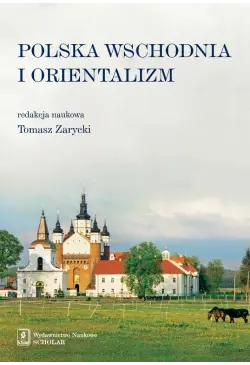
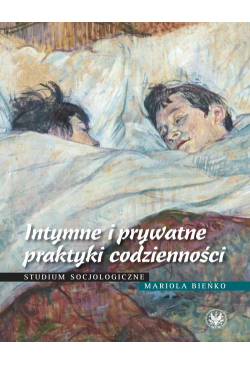
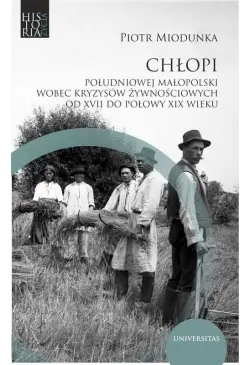

@CUSTOMER_NAME@
@COMMENT_TITLE@
@COMMENT_COMMENT@